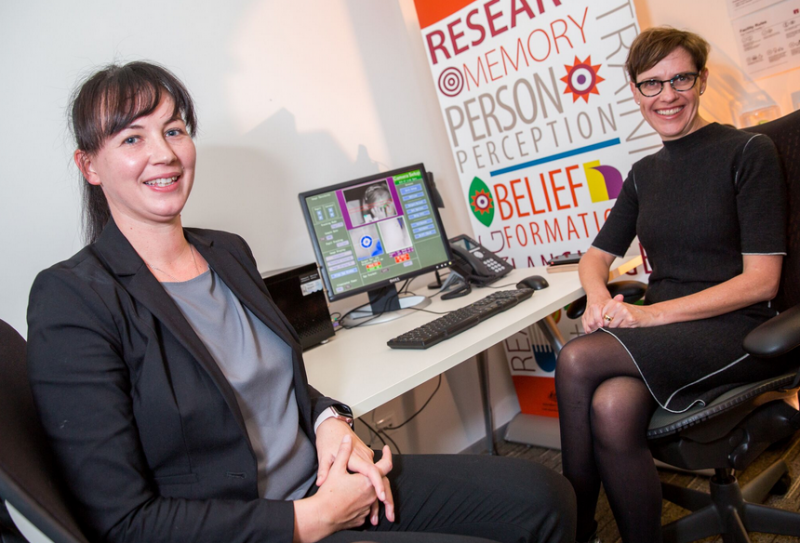A child's spoken vocabulary helps them when it comes to reading new words for the first time

Children find it easier to spell a word when they've already heard it spoken, a new study led by researchers from the ARC Centre of Excellence in Cognition and its Disorders (CCD) at Macquarie University has found. The findings are the first to provide evidence about how oral vocabulary in children is linked to their ability to learn to read new words.
"We found that when children have heard a new word spoken, and know how it is pronounced and what it means, they are then able to process this word with more speed when they have to read it for the first time," explained Signy Wegener, lead researcher of the study.
The results, which are published in the journal Developmental Science, found that children benefit the most from oral familiarity with a word when it sounds the way it is spelled, indicating that predictability of the spelling of a word is an important factor in the process.
"The findings indicate that when children get to the stage where they "read" spoken words for the first time, they have already formed expectations about how the written form of these words should look, even before seeing them in print," explained Ms Wegener.
The researchers assessed the reading abilities of 36 children aged 9 to 10 – an age at which children are expected to have a well-developed knowledge of the mappings between sounds and letters – by tracking their eye movements when they first read a new word. They found that children with prior experience with this new word in oral form spent less time gazing at it in print, indicating that they found it easier to read compared to children who had not heard the word spoken before.
"While it is understood that reading is good for language acquisition in children, the link between how reading and talking to your child helps them identify the spelling of new words has been difficult to uncover. The results certainly add weight to the fact that reading to your kids helps their language development in an array of different ways, including helping them learn to read themselves," said CCD Reading Program Leader Distinguished Professor Anne Castles.
"These findings also support the addition of oral vocabulary instruction in the classroom when it comes to teaching our kids how to spell," MS Wegener concluded.
More information: Signy Wegener et al. Children reading spoken words: interactions between vocabulary and orthographic expectancy, Developmental Science (2017). DOI: 10.1111/desc.12577




















